A U.S. Citizen/Global Entry Holder Was Detained By U.S. Border Agents Until He Gave Them His Phone Password
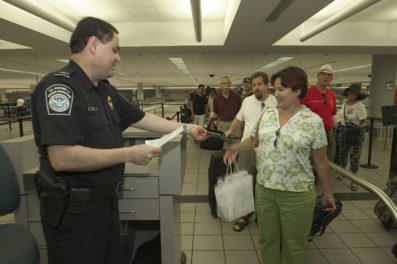
A U.S. Citizen/Global Entry Holder Was Detained By U.S. Border Agents Until He Gave Them His Phone Password
Last week I wrote about the secretary of Homeland Security stating that handing over passwords for social media account could soon become a condition of entry for visitors to the United States. We wrote about how troubling the policy is by itself, but this makes it even more interesting. Apparently a natural-born U.S. citizen who also has global entry was detained on his return from South America and was told to unlock his phone so that border agents could access what was on the phone. Intriguingly, the man is also a jet propulsion scientist for NASA.
According to The Verge,
Seemingly, Bikkannavar’s reentry into the country should not have raised any flags. Not only is he a natural-born US citizen, but he’s also enrolled in Global Entry — a program through CBP that allows individuals who have undergone background checks to have expedited entry into the country. He hasn’t visited the countries listed in the immigration ban and he has worked at JPL — a major center at a US federal agency — for 10 years. There, he works on “wavefront sensing and control,” a type of optics technology that will be used on the upcoming James Webb Space Telescope.
“I don’t know what to think about this,” Bikkannavar recently told The Verge in a phone call. “…I was caught a little off guard by the whole thing.”
Bikkannavar says he arrived into Houston early Tuesday morning, and was detained by CBP after his passport was scanned. A CBP officer escorted Bikkannavar to a back room, and told him to wait for additional instructions. About five other travelers who had seemingly been affected by the ban were already in the room, asleep on cots that were provided for them.
About 40 minutes went by before an officer appeared and called Bikkannavar’s name. “He takes me into an interview room and sort of explains that I’m entering the country and they need to search my possessions to make sure I’m not bringing in anything dangerous,” he says. The CBP officer started asking questions about where Bikkannavar was coming from, where he lives, and his title at work. It’s all information the officer should have had since Bikkannavar is enrolled in Global Entry. “I asked a question, ‘Why was I chosen?’ And he wouldn’t tell me,” he says.
The officer also presented Bikkannavar with a document titled “Inspection of Electronic Devices” and explained that CBP had authority to search his phone. Bikkannavar did not want to hand over the device, because it was given to him by JPL and is technically NASA property. He even showed the officer the JPL barcode on the back of phone. Nonetheless, CBP asked for the phone and the access PIN. “I was cautiously telling him I wasn’t allowed to give it out, because I didn’t want to seem like I was not cooperating,” says Bikkannavar. “I told him I’m not really allowed to give the passcode; I have to protect access. But he insisted they had the authority to search it.”
This is rather startling and scary and says a whole lot about where “security” is going in this country. The actions taken by CBP are a violation of the man’s rights, as the government cannot force you to hand over the password to your phone (it serves as a form of self-incrimination, which the Constitution protects citizens against. It is bad enough that CBP wants to do this to visitors to the U.S., but now that there is evidence that an American citizen was held to that standard, it should absolutely spark outrage. This is not healthy and is a clear overreach on the part of the government.
So what should you do if you are stopped in a similar situation? First, be aware that regardless of what CBP tells you, they cannot force you to unlock your phone. They can, however, examine your devices if they are not password protected. They can also detain you for a long period if you refuse to unlock the phone, so be aware of that as well.

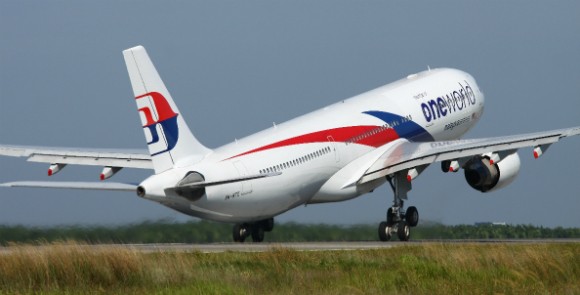
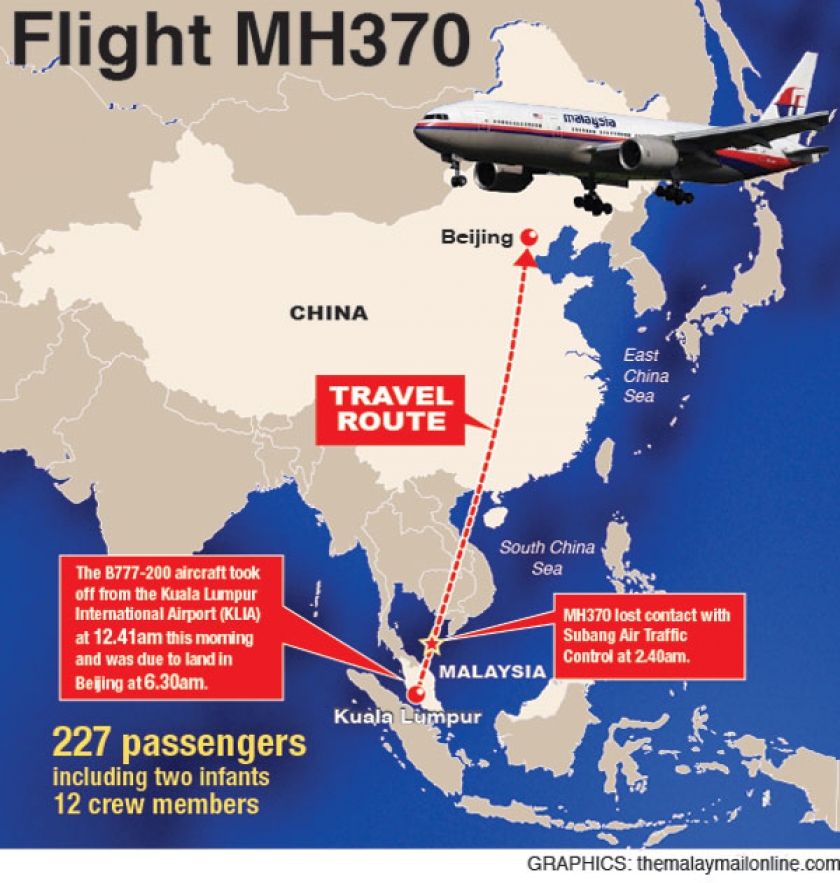
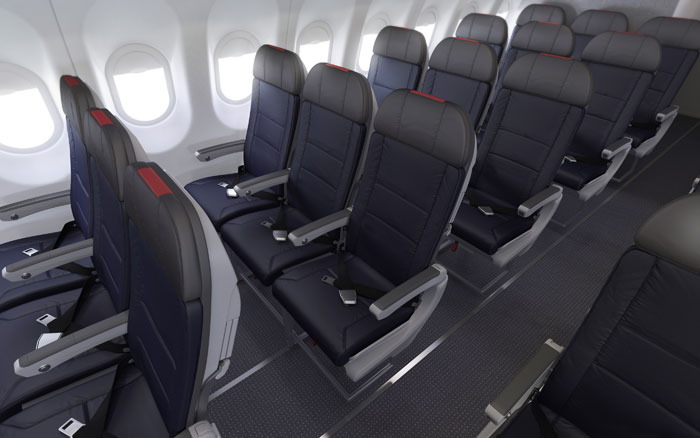
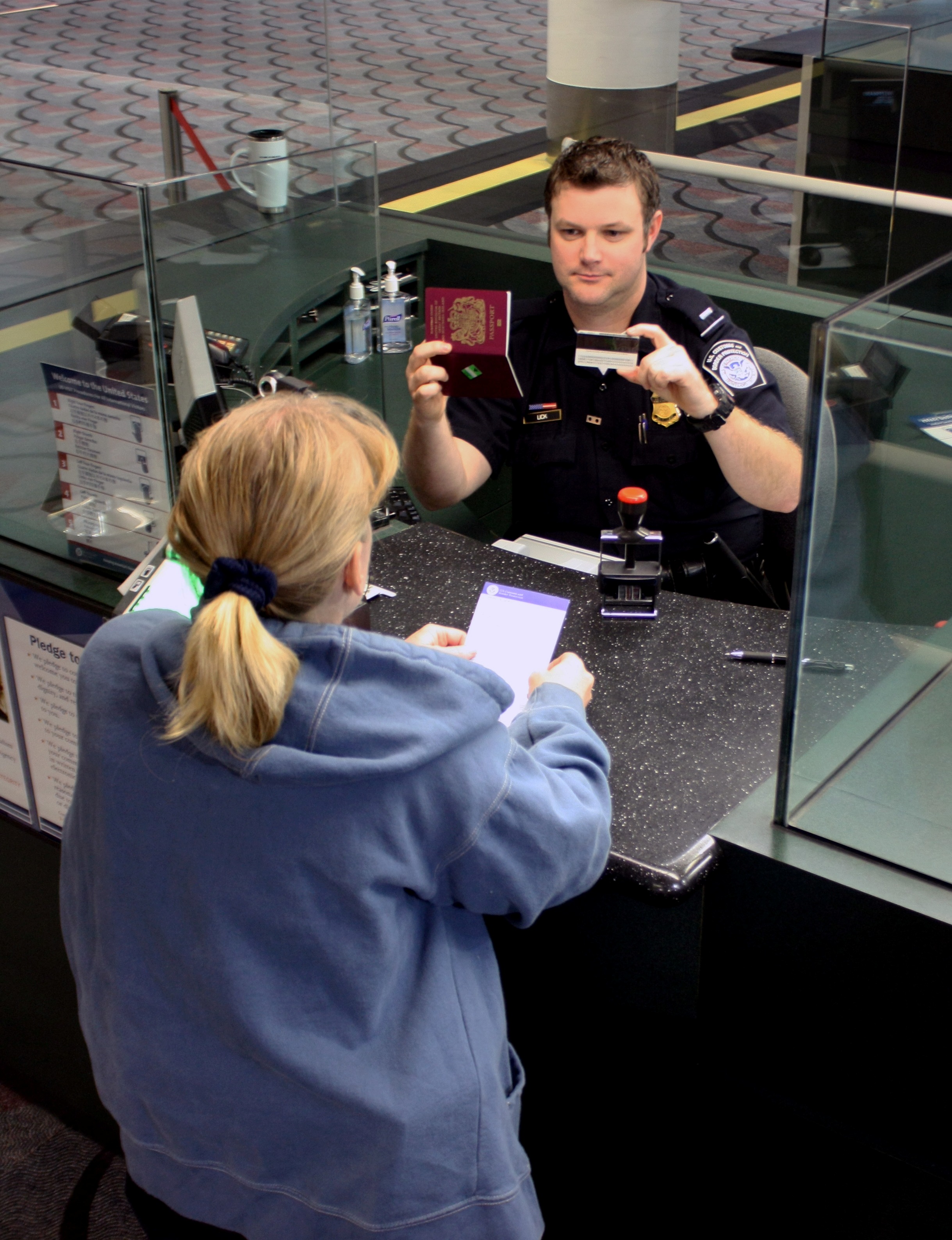


One Comment
Comments are closed.